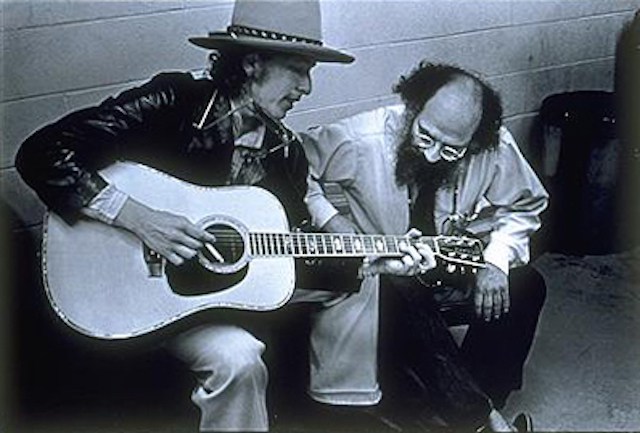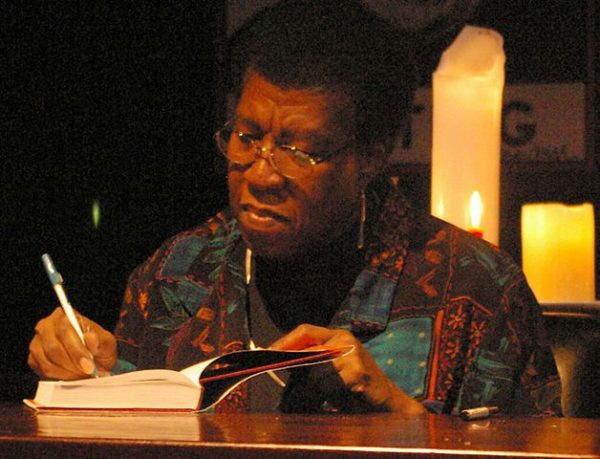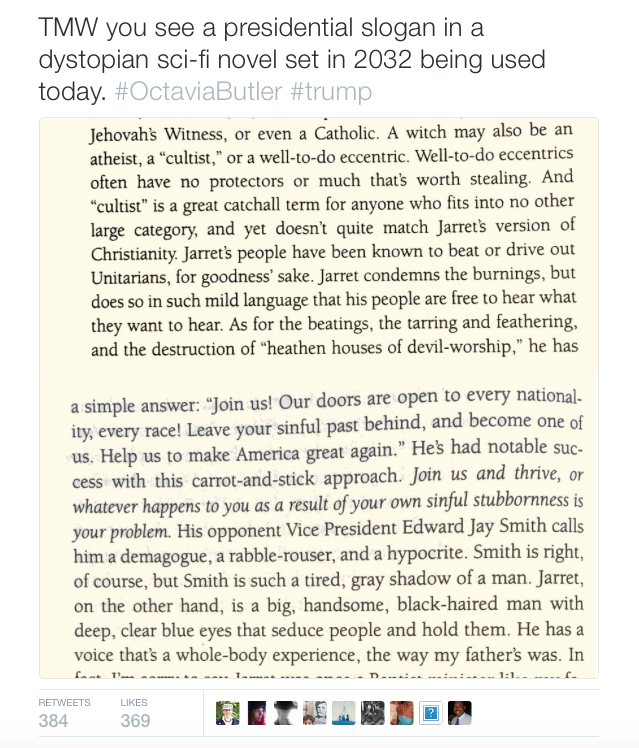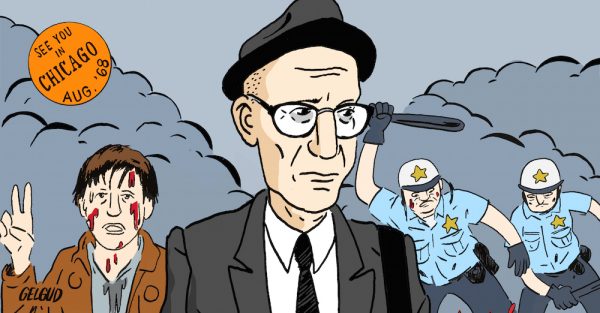“If you want a picture of the future,” George Orwell famously said, “imagine a boot stamping on a human face, forever.” Since his ominous warning of coming tyranny, and the publication of his dystopian novel 1984, Orwell’s grim vision has been put to various partisan uses. Conservatives lamenting the policing of speech invoke Orwell. So too does a spectrum of voices speaking out against violent authoritarianism in actual policing, and in the politics of the right—related phenomena given the willingness of police and secret service to become enforcers of a campaign’s will at rallies nationwide. The state and corporate mass media have both become complicit in fostering a climate of outrage, mistrust, and insecurity in which there seems to be, as Orwell wrote, “no loyalty except loyalty to the Party.”
How did this happen? If we, in the United States, are ever inclined to learn from our history, we might avoid falling victim to the paranoid blandishments of demagogues and fearmongers. While one current threat to democracy comes from outside the political system, in the 1950s, an insider used several of the same tactics to hold the nation in thrall. The repressive postwar climate of anti-Communist panic in which Joseph McCarthy rose to power in the late 40s and 50s entrapped even Orwell, who “named names” in a list he sent to the British Foreign Office, suggesting certain acquaintances “were not fit for writing assignments” with the government because of supposed Soviet sympathies.
This secret act would have seemed like a bitter irony to many dissidents in McCarthy’s America, who surely read 1984 with increasing alarm as the Red Scare took hold of Congress. For their part, readers fearing the Communist threat heard echoes of Orwell’s warnings in McCarthy’s propaganda.
In whatever way it was interpreted, 1984 had an immediate impact on the culture. Its first radio dramatization, starring David Niven, premiered in 1949—the year after the novel’s publication—aired by the NBC University Theater. This was followed just four years later with another radio adaptation produced by The United States Steel Hour, a radio and TV anthology program that employed Rod Serling as a scriptwriter and featured notable guest stars like James Dean, Andy Griffith, Jack Klugman, and Paul Newman.
The program’s radio dramas, called Theatre Guild on the Air, adapted classic novels like Pride and Prejudice and plays from Eugene O’Neill and Tennessee Williams. Its 1953 radio play of 1984 starred Richard Widmark as “Smith” and Marian Seldes as “Julia.” The play opens—as you can hear above—with a dire announcement of “the most terrifying subject in the news today: the threat to all free men of Communism or totalitarian domination in any form.”
Whether they saw creeping Stalinism or the rabid anti-Communism of McCarthy as the more insidious force, readers of the 1950s found Orwell immediately relevant. He has remained so, such that conservative columnist David Brooks, who has made many an Orwell reference in the past, describes the recent “birtherism” turnaround as an “Orwellian inversion of the truth” in the PBS Newshour appearance above:
And so we are really in Orwell land. We are in “1984.” And it’s interesting that an authoritarian personality type comes in at the same time with a complete disrespect for even tangential relationship to the truth, that words are unmoored.
And so I do think this statement sort of shocked me with the purification of a lot of terrible trends that have been happening. And so what’s white is black, and what is up is down, what is down is up. And that really is something new in politics.
Like comparisons to another, all-too-real, totalitarian regime, references to Orwell’s authoritarian society have grown hoary over the decades, and often seem so elastic that they fall into trivializing cliché. But comparisons to fascism in a time when many vocal partisans are avowed fascists, or may as well be, seem almost tautological. The moment Brooks calls “Orwellian” above also seems precisely that—a willful, coordinated, blatant, and total reversal of political language’s relationship to anything even resembling the truth.
You can also stream the radio production at the Internet Archive, who host all 74 Theatre Guild on the Air productions. 1984 was the last of the radio dramas before The United States Steel Hour moved to television, where Rod Serling attracted controversy for his 1956 drama Noon at Doomsday, inspired by the Emmett Till case, and another Cold War work still terribly relevant to our time.
“The victim” of the play, wrote Serling in the intro to his 1957 collection Patterns, “was on old Jew who ran a pawnshop. The killer was a neurotic malcontent who lashed out at something or someone who might be materially and physically the scapegoat for his own unhappy, purposeless, miserable existence.” The episode immediately provoked “a welter of publicity that came from some 15,000 letters and wires from White Citizens Councils and the like protesting the production of the play” for its resemblance to the Till case. “I shrugged it off,” wrote Serling, “answering, ‘If the shoe fits.…’ ”
Related Content:
George Orwell’s Final Warning: Don’t Let This Nightmare Situation Happen. It Depends on You!
Huxley to Orwell: My Hellish Vision of the Future is Better Than Yours (1949)
Josh Jones is a writer and musician based in Durham, NC. Follow him at @jdmagness





